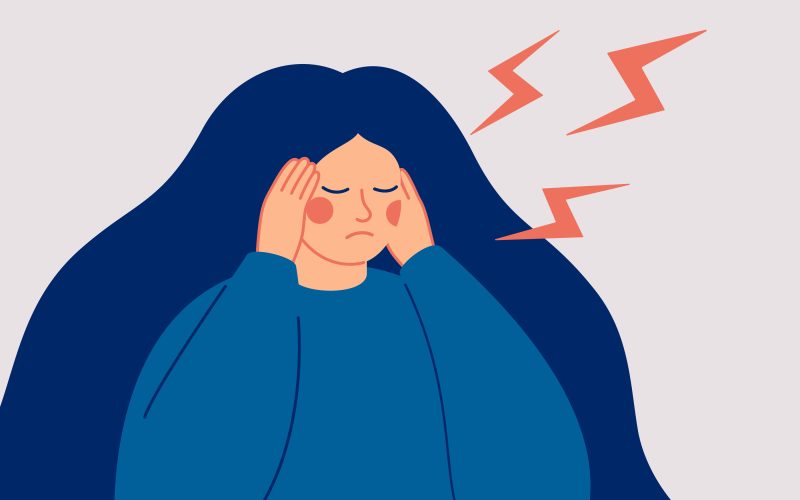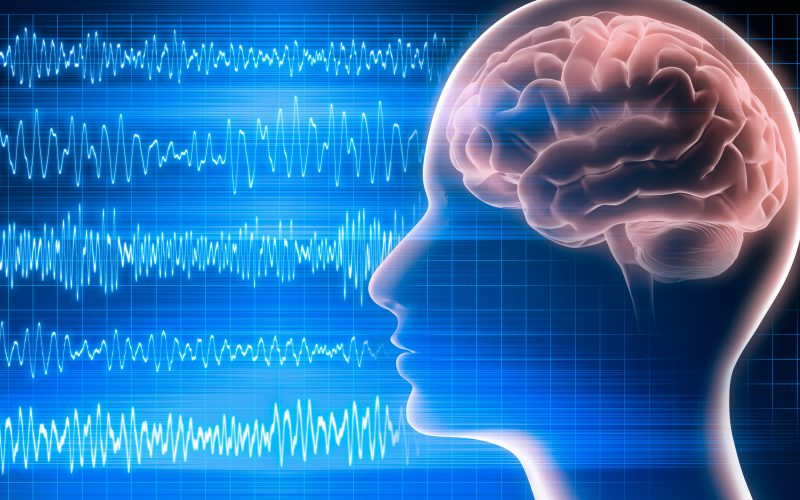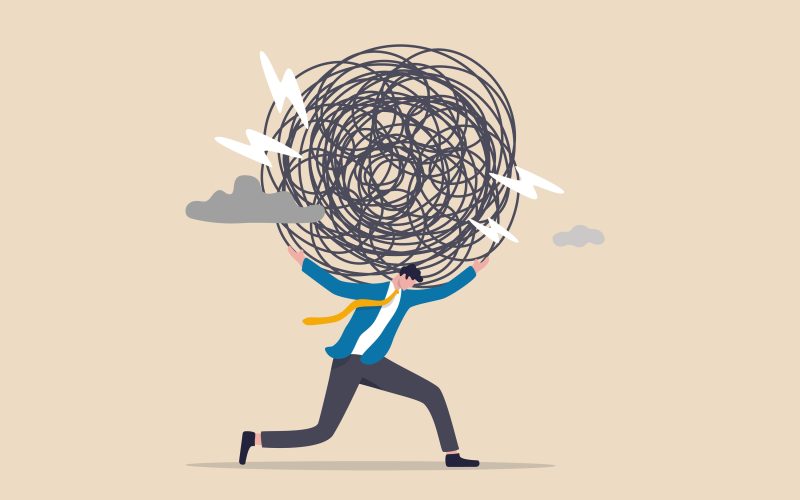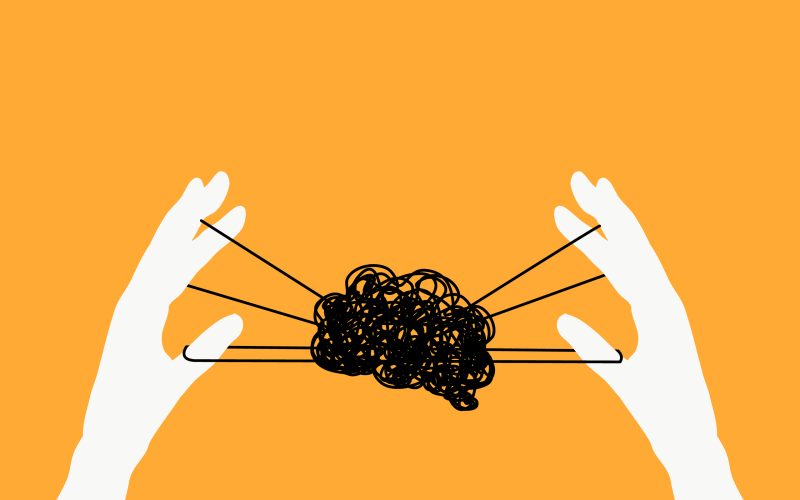Rani Molla, senior data reporter for Recode joins us to discuss how corporate America might move forward after Covid shutdowns.
Read more


Rani Molla, senior data reporter for Recode joins us to discuss how corporate America might move forward after Covid shutdowns.
Read more
Joshua Hicks, a professor of psychological and brain sciences, discusses why appreciating small, significant moments can lead to a sense of purpose.
Read more
Caroline Mazel-Carlton joins host Krys Boyd to talk about her personal experience with hearing voices, surviving a suicide attempt, and how she works now to fight for change in how mental illness is viewed.
Read more
Science writer Lindsey Fitzharris joins us to tell the story of Harold Gillies, a plastic surgeon who established one of the first hospitals for facial reconstruction as he worked to heal both body and soul.
Read more
Penn State gender and sexuality studies professor Hil Malatino talks about why embracing feelings of envy and despair can offer a more complete picture of a person post-transition.
Read more
Dr. Raj Telhan discusses his quest to give up refined sugar and how it made him question the nature of pleasure and wonder about our capacity for desire.
Read more
Rosemary Westwood is a public health reporter, and she discusses the specific Mississippi abortion ban case that has made it to the Supreme Court.
Read more
Neuroscience professor, Dr. György Buzsáki discusses his research into the way the brain computes signals in order to better understand human decision making.
Read more
Roanne van Voorst is a futures-anthropologist, and she joins us to discuss her vision for a world not reliant on meat for food or clothing.
Read more
Researcher Paul Craddock discusses 16th-century skin grafts, 18th-century tooth transplants, and modern-day medical breakthroughs.
Read more
Tracy Dennis-Tiwary, a psychology and neuroscience professor, explains why, she says, anxiety is tied to hope, and why linking it to disease is an outmoded way of thinking.
Read more
Writer Daniel Bergner discusses his brother’s journey with a bipolar diagnosis and the medications he was put on—and how drug-based treatments are still based on a lot of assumptions.
Read more